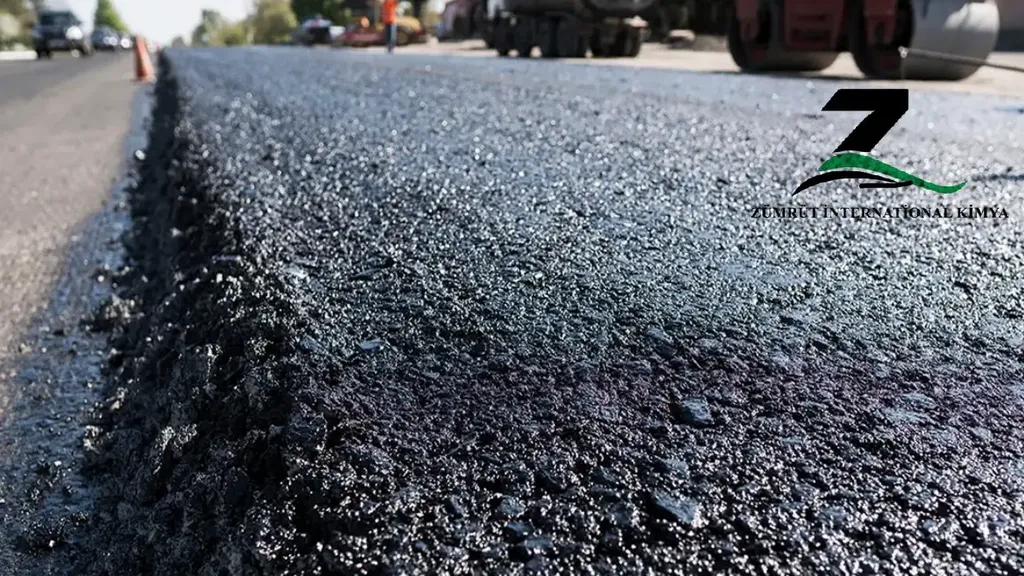In the ever-evolving energy sector, the quest for improved materials and technologies is relentless. A recent study published in the journal *Applied Rheology* (translated from Turkish as *Applied Rheology*) sheds light on a critical aspect of bitumen modification, offering insights that could reshape how we approach road construction and maintenance. The research, led by Özdemir Ahmet Münir from the Civil Engineering Department at Bursa Technical University in Turkey, delves into the effects of polymer modification on bitumen rheology, comparing bitumens sourced from different origins.
Bitumen, a staple in road construction, is a complex material whose performance is heavily influenced by its rheological properties—how it flows and deforms under stress. Münir’s study focuses on the use of styrene-butadiene-styrene (SBS), a synthetic rubber, to enhance bitumen’s properties. “The idea is to create a more resilient and durable material that can withstand varying environmental conditions,” Münir explains. This is particularly relevant as roads are subjected to extreme temperatures, heavy traffic, and other environmental factors that can degrade traditional bitumen over time.
The study’s findings reveal that polymer modification can significantly alter bitumen’s rheological behavior, improving its elasticity and resistance to deformation. This is a game-changer for the energy and construction sectors, as it promises longer-lasting roads that require less frequent maintenance. “By understanding how different sources of bitumen respond to polymer modification, we can tailor materials to specific environmental and traffic conditions,” Münir notes. This customization could lead to more efficient use of resources and reduced long-term costs for infrastructure projects.
The commercial implications are substantial. For energy companies involved in bitumen production and road construction, this research provides a roadmap for developing high-performance materials. It also opens avenues for innovation in polymer chemistry, as scientists explore new ways to enhance bitumen’s properties. “This study is just the beginning,” Münir says. “There’s a lot more to discover about how different polymers interact with bitumen from various sources.”
As the energy sector continues to evolve, research like Münir’s plays a crucial role in driving progress. By improving the durability and performance of bitumen, we can build more resilient infrastructure that supports economic growth and sustainability. The study published in *Applied Rheology* is a testament to the power of scientific inquiry in shaping the future of construction and energy. As we look ahead, the insights gained from this research will undoubtedly inspire further innovation and collaboration across industries.

